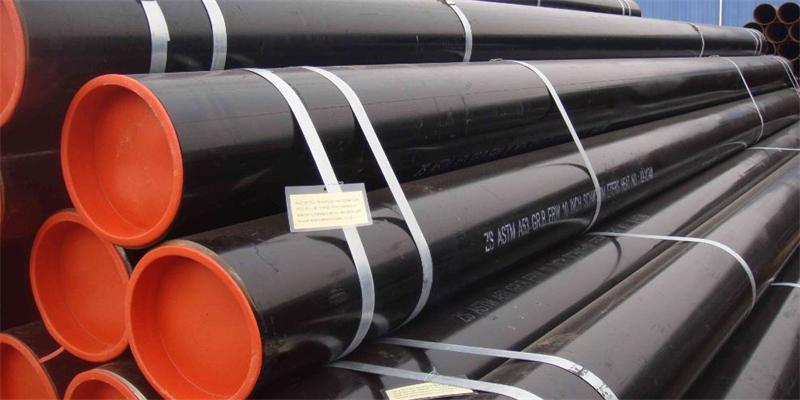Jul . 31, 2024 13:01 Back to list
Top API Certified Suppliers for High-Quality Oil Steel Pipes and Tubes in the Industry
API Oil Steel Pipe Suppliers A Key Component in Global Energy Infrastructure
In the vast and intricate web of the oil and gas industry, the role of suppliers, particularly those specializing in API (American Petroleum Institute) steel pipes, is crucial. These suppliers are essential for providing the necessary materials that enable the exploration, extraction, and transportation of oil and gas. This article delves into the importance of API oil steel pipe suppliers, their standards, and their impact on the energy sector.
Understanding API Standards
API standards play a vital role in ensuring the quality and reliability of steel pipes used in the oil and gas industry. These standards, established by the American Petroleum Institute, serve as benchmarks for safety, performance, and durability. API steel pipes are specifically designed to withstand the harsh conditions often encountered in oil drilling and transportation processes, such as high pressure, extreme temperatures, and corrosive environments.
API standards, such as API 5L for line pipes and API 5CT for casing and tubing, dictate the specifications and testing requirements for steel pipes. Suppliers who adhere strictly to these standards not only ensure the safety and efficiency of the operations that rely on these pipes but also build trust with their clients. This compliance is often a prerequisite for partnerships with major oil and gas companies, highlighting the importance of reputable API oil steel pipe suppliers in the supply chain.
The Role of Suppliers in the Supply Chain
API oil steel pipe suppliers play a multifaceted role in the supply chain of the oil and gas industry. They source high-grade raw materials, manufacture pipes that meet or exceed API standards, and provide additional services such as cutting, threading, coating, and logistics support. The ability to offer a wide range of products, including seamless and welded pipes, is also a significant advantage for suppliers in catering to diverse project requirements.
api oil steel pipe suppliers

Furthermore, as global demand for energy continues to rise, suppliers are increasingly focused on innovation. Investments in advanced manufacturing processes and technologies enhance the production of more durable and lightweight pipes which can significantly reduce transportation costs and facilitate easier installation. Many suppliers are also exploring eco-friendly practices, ensuring that their operations align with sustainable development goals and contribute to reducing the carbon footprint of the energy sector.
Challenges Faced by Suppliers
While the demand for API steel pipes remains robust, suppliers face several challenges. Fluctuating raw material prices, geopolitical factors, and stringent regulatory requirements can impact their operations and profitability. Additionally, as the industry moves towards greener alternatives and renewable energy sources, traditional suppliers of steel pipes must adapt by offering products that support new technologies, such as carbon capture and storage systems.
Moreover, competition is fierce, with suppliers not only competing on price but also on the quality and reliability of their products. This competitive environment compels suppliers to continuously improve their services and strengthen their relationships with clients, ensuring that they remain a dependable partner in the energy sector.
Conclusion
In conclusion, API oil steel pipe suppliers are integral to the oil and gas industry, providing the essential materials needed for exploration, production, and transportation. Their adherence to API standards ensures safety and reliability, while their innovative approaches and commitment to quality help address the challenges of a dynamic market. As the global energy landscape evolves, these suppliers will continue to play a pivotal role in reinforcing the backbone of the energy sector, supporting both traditional and emerging methodologies in energy production and management.
-
High Quality Mild Steel Pipe Manufacturers in China for Exporting Premium Industrial Solutions
NewsAug.01,2024
-
Exploring Key Characteristics of Wholesale API Steel Pipes for Your Business Needs
NewsAug.01,2024
-
Current Wholesale Prices for ERW Steel Pipes in the Market Right Now
NewsAug.01,2024
-
Exploring the Diverse Applications and Benefits of China Round Steel Pipes in Construction and Industry
NewsAug.01,2024
-
Top Quality API 5L ERW Steel Pipe Manufacturer Offering Reliable and Durable Solutions for Your Needs
NewsAug.01,2024
-
Reliable Supplier of Premium Quality Concrete Pipes for Durable Construction Projects
NewsAug.01,2024